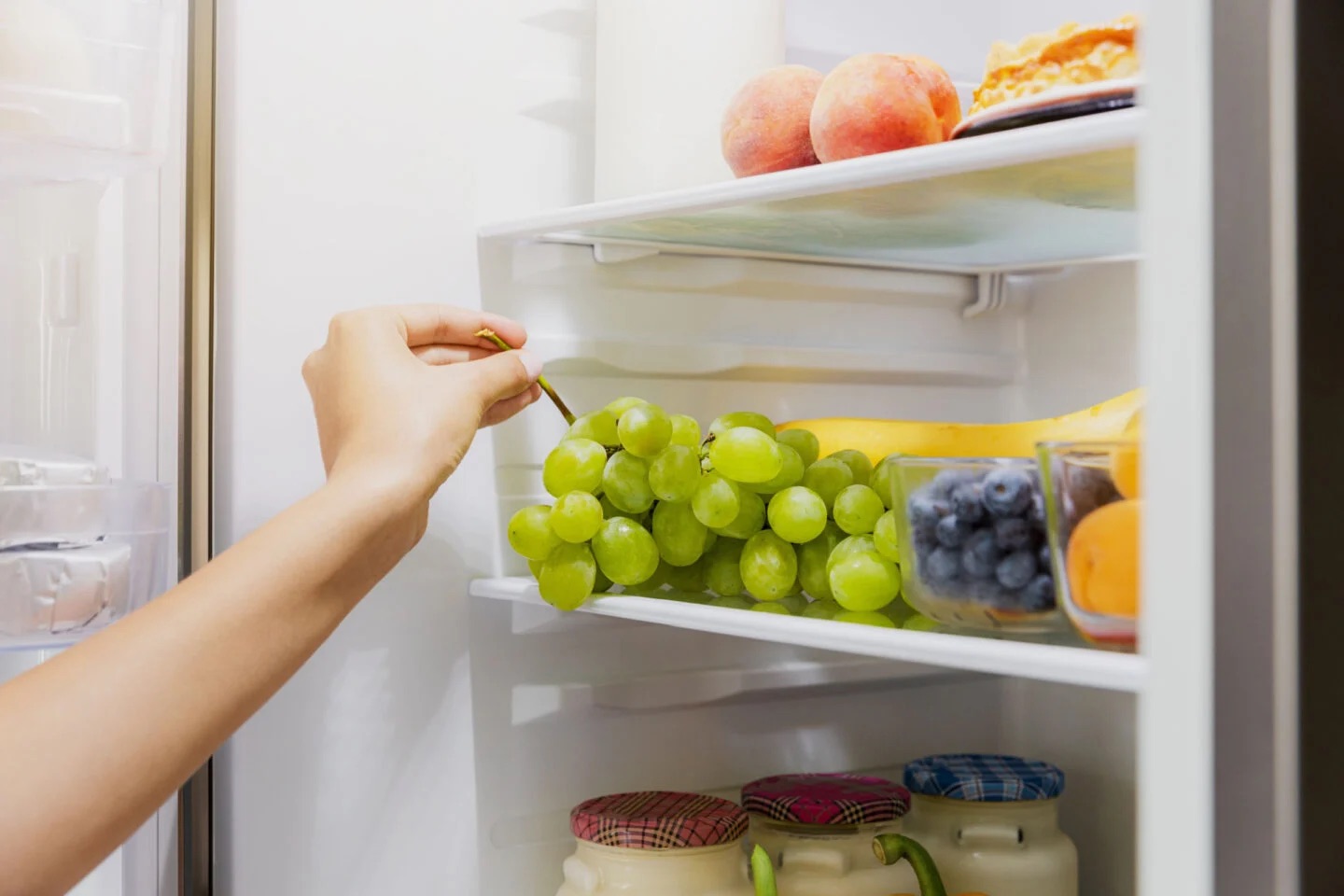

Articles
How Long Does Grapes Last In The Refrigerator
Modified: August 27, 2024
Discover how long grapes last in the refrigerator in this informative article. Learn the best storage tips and tricks to keep your grapes fresh for longer.
(Many of the links in this article redirect to a specific reviewed product. Your purchase of these products through affiliate links helps to generate commission for Storables.com, at no extra cost. Learn more)
Introduction
Grapes are delicious and nutritious fruits that are enjoyed by many people around the world. They come in a variety of colors, shapes, and flavors, making them a versatile ingredient in recipes or a delightful snack on their own. But what happens when you end up with more grapes than you can consume in a short amount of time? Understanding how long grapes last in the refrigerator is essential to prevent spoilage and maximize their shelf life.
Properly storing grapes in the refrigerator can significantly extend their lifespan. However, it’s important to note that the freshness and overall quality of grapes can vary depending on several factors. In this article, we will explore the factors that affect the shelf life of grapes in the refrigerator and provide valuable tips on how to store them correctly to ensure they stay fresh and delicious for as long as possible.
Key Takeaways:
- Properly storing grapes in the refrigerator, considering factors like temperature, humidity, variety, and quality, can extend their shelf life and maintain their freshness for up to a week.
- To maximize the lifespan of grapes, handle them with care, store them unwashed in a breathable container in the refrigerator’s crisper drawer, and promptly remove any spoiled grapes to prevent spoilage.
Read more: How Long Does A Refrigerator Last
Factors Affecting the Shelf Life of Grapes in the Refrigerator
The shelf life of grapes in the refrigerator can be influenced by various factors. Understanding these factors can help you make informed decisions on how to store your grapes and extend their freshness. Here are the key factors:
- Temperature: Grapes are sensitive to temperature changes. Keeping them in a cool environment, such as the refrigerator, helps slow down the ripening process and extends their shelf life. Ideally, grapes should be stored between 32-40°F (0-4°C).
- Humidity: Grapes thrive in a moderately humid environment. Too much humidity can promote mold growth, while a lack of humidity can cause the grapes to dry out. Aim for a humidity level of around 90% to maintain the grapes’ freshness.
- Variety: Different grape varieties have varying shelf lives. Some varieties, such as Thompson Seedless or Flame Seedless, have a longer storage life compared to more delicate varieties like Muscat grapes. It’s important to consider the specific variety of grapes when determining their shelf life.
- Ripeness: The ripeness of grapes at the time of purchase or harvest can impact their storage life. Grapes that are overly ripe or have started to shrivel may not last as long as fresher, firm grapes.
- Quality: The overall quality of the grapes when purchased or harvested also affects their storage life. Look for grapes that are free from bruises, mold, or signs of decay. High-quality grapes are more likely to last longer in the refrigerator.
By considering these factors and taking proper steps to store your grapes, you can maximize their shelf life and ensure they stay fresh and delicious for a more extended period.
Storing Fresh Grapes in the Refrigerator
To preserve the freshness and flavor of your grapes, proper storage in the refrigerator is crucial. Follow these steps to store fresh grapes in the refrigerator:
- Inspect the grapes: Before storing your grapes, carefully inspect them for any signs of mold, mushiness, or damage. Remove any grapes that are spoiled or show signs of spoilage.
- Leave them unwashed: It’s important not to wash your grapes until you’re ready to eat them. Moisture can promote mold growth and make the grapes spoil faster. Keep them as dry as possible.
- Place them in a breathable container: Transfer the grapes to a clean and breathable container. Avoid sealing them in a plastic bag or airtight container, as this can trap moisture and accelerate spoilage. Instead, use a perforated plastic bag or a container with small holes to allow for air circulation.
- Store in the refrigerator: Place the container of grapes in the refrigerator’s crisper drawer, which is specifically designed to maintain a higher humidity level. Avoid storing them near strong-smelling foods, as grapes can easily absorb odors.
By following these storage steps, you can help maintain the freshness and quality of your grapes for a longer period.
Signs of Spoilage in Grapes
Despite your best efforts to store grapes properly, there may come a time when they start to spoil. It’s essential to be able to identify the signs of spoilage to avoid consuming grapes that may be harmful to your health. Here are the key indications that grapes have turned bad:
- Mold or fungus: One of the most obvious signs of spoilage is the presence of mold or fungus on the grapes. Mold can appear as dark patches or fuzzy growth on the skin of the grapes. If you notice any moldy grapes, it’s best to discard the entire bunch.
- Soft or mushy texture: When grapes start to spoil, they can become soft, mushy, or even shriveled. Any significant changes in texture, such as a loss of crispness, indicate that the grapes are past their prime.
- Deteriorated appearance: Spoiled grapes may display visible signs of decay, including discolored or browning skin. If the grapes no longer look fresh and vibrant, it’s a clear indication that they should no longer be consumed.
- Foul odor: Fresh grapes have a pleasant and slightly sweet aroma. However, if your grapes emit a sour or unpleasant odor, it’s a sign that they have started to spoil and should be discarded.
If you notice any of these signs of spoilage, it’s important to err on the side of caution and throw away the grapes. Consuming spoiled grapes can lead to foodborne illnesses, such as mold or bacterial infections, which can cause gastrointestinal problems.
Remember to always trust your senses and use common sense when assessing the quality of the grapes. When in doubt, it’s safer to discard them and opt for fresh, unspoiled grapes instead.
Store grapes in a perforated plastic bag in the refrigerator to allow air circulation. They can last up to 2-3 weeks if stored properly.
Proper Handling and Storage Tips for Extending the Lifespan of Grapes
To maximize the shelf life of your grapes and keep them fresh for as long as possible, it’s important to follow proper handling and storage practices. Here are some tips to help extend the lifespan of your grapes:
- Handle with care: Grapes are delicate fruits, so it’s crucial to handle them gently to avoid bruising or damaging the skin. Rough handling can lead to quicker spoilage.
- Keep them dry: Moisture can promote the growth of mold and speed up spoilage. Avoid washing your grapes until you’re ready to consume them. Excess moisture can cause the grapes to break down faster.
- Remove spoiled grapes: Check your grapes regularly and remove any bruised or spoiled grapes immediately. One bad grape can quickly spoil the whole bunch.
- Store unwashed: As mentioned previously, it’s best not to wash grapes until you’re ready to eat them. Washing grapes can introduce moisture and increase the chance of mold growth.
- Avoid direct sunlight: Grapes are sensitive to sunlight, so it’s important to store them away from direct sunlight. Exposure to UV rays can accelerate the ripening process and cause the grapes to deteriorate faster.
- Separate clusters: If you have grapes stored in a cluster, consider separating them to prevent one spoiled grape from affecting the others. This way, if one grape starts to spoil, it won’t impact the entire bunch.
- Store in the refrigerator: The best place to store grapes is in the refrigerator. Place them in a breathable container, such as a perforated plastic bag or a container with small holes, and keep them in the crisper drawer. The cool temperature and controlled humidity in the refrigerator help slow down the ripening process and extend the grapes’ shelf life.
- Consume within a week: While properly stored grapes can last up to a week in the refrigerator, it’s best to consume them as soon as possible for the freshest taste and optimal quality.
By following these handling and storage tips, you can significantly extend the lifespan of your grapes and enjoy fresh and delicious fruit for an extended period.
Read more: How Long Do Grapes Last In The Freezer
Frequently Asked Questions (FAQs) about Storing Grapes in the Refrigerator
Here are some frequently asked questions about storing grapes in the refrigerator:
- Should I wash grapes before storing them in the refrigerator?
- Can I freeze grapes to extend their shelf life?
- How long do grapes last in the refrigerator?
- Can I store different grape varieties together?
- What should I do if my grapes start to shrivel?
It’s best to avoid washing grapes before storing them in the refrigerator. Moisture can promote mold growth and make the grapes spoil faster. Only wash them when you are ready to consume them.
Yes, you can freeze grapes to extend their shelf life. Rinse and dry the grapes thoroughly, then spread them out on a baking sheet and freeze them. Once frozen, transfer the grapes to airtight containers or freezer bags. Frozen grapes make a refreshing snack or can be used as ice cubes in beverages.
The shelf life of grapes in the refrigerator varies based on factors such as temperature, variety, ripeness, and overall quality. On average, properly stored grapes can last up to a week in the refrigerator. However, it’s best to consume them as soon as possible for the freshest taste and optimal quality.
Yes, you can store different grape varieties together. However, keep in mind that some varieties may have a shorter shelf life than others. If you notice that one variety is starting to spoil, it’s best to remove them from the bunch to prevent the spoilage from spreading to the other grapes.
If your grapes start to shrivel, it is an indication that they are past their prime. While they may still be safe to eat, the taste and texture may not be as enjoyable. It’s best to use shriveled grapes for cooking, baking, or making jams and preserves.
Remember to always trust your senses and use common sense when assessing the quality and freshness of your grapes. When in doubt, it’s safer to discard them and opt for fresh grapes instead.
Conclusion
Understanding how long grapes last in the refrigerator and following proper storage practices can help you enjoy fresh and flavorful grapes for an extended period. By considering factors such as temperature, humidity, variety, ripeness, and quality, you can significantly extend the shelf life of your grapes.
When storing grapes in the refrigerator, remember to handle them with care, keep them dry, and remove any spoiled grapes promptly. Avoid washing grapes until you’re ready to consume them, and store them in a breathable container in the refrigerator’s crisper drawer. Following these steps will help maintain the grapes’ freshness and prevent spoilage.
Keep in mind that grapes can last up to a week in the refrigerator, although it’s best to consume them as soon as possible for the freshest taste and optimal quality.
If you notice any signs of spoilage such as mold, mushy texture, deteriorated appearance, or a foul odor, discard the grapes to avoid consuming potentially harmful fruit.
By following the proper handling and storage tips outlined in this article, you can maximize the lifespan of your grapes and continue to enjoy their delicious flavor and nutritional benefits.
Remember, when it comes to grapes, freshness is key, so make sure to select high-quality grapes and store them properly for the best sensory experience. Whether you’re using grapes as a snack, in salads, or for making wine, proper storage will ensure that your grapes last longer and taste their best.
Keeping grapes fresh is just the start! Your kitchen deserves the best solutions for keeping all types of food at their peak. Whether you're looking to optimize space or maintain freshness, learning about effective food storage is key. Likewise, don't let your favorite fruits suffer from poor preservation methods. Delve into practical fruit storage techniques and keep everything from apples to zucchinis in top condition year-round. Ready to elevate your kitchen savvy? Check out our detailed guides.
Frequently Asked Questions about How Long Does Grapes Last In The Refrigerator
Was this page helpful?
At Storables.com, we guarantee accurate and reliable information. Our content, validated by Expert Board Contributors, is crafted following stringent Editorial Policies. We're committed to providing you with well-researched, expert-backed insights for all your informational needs.
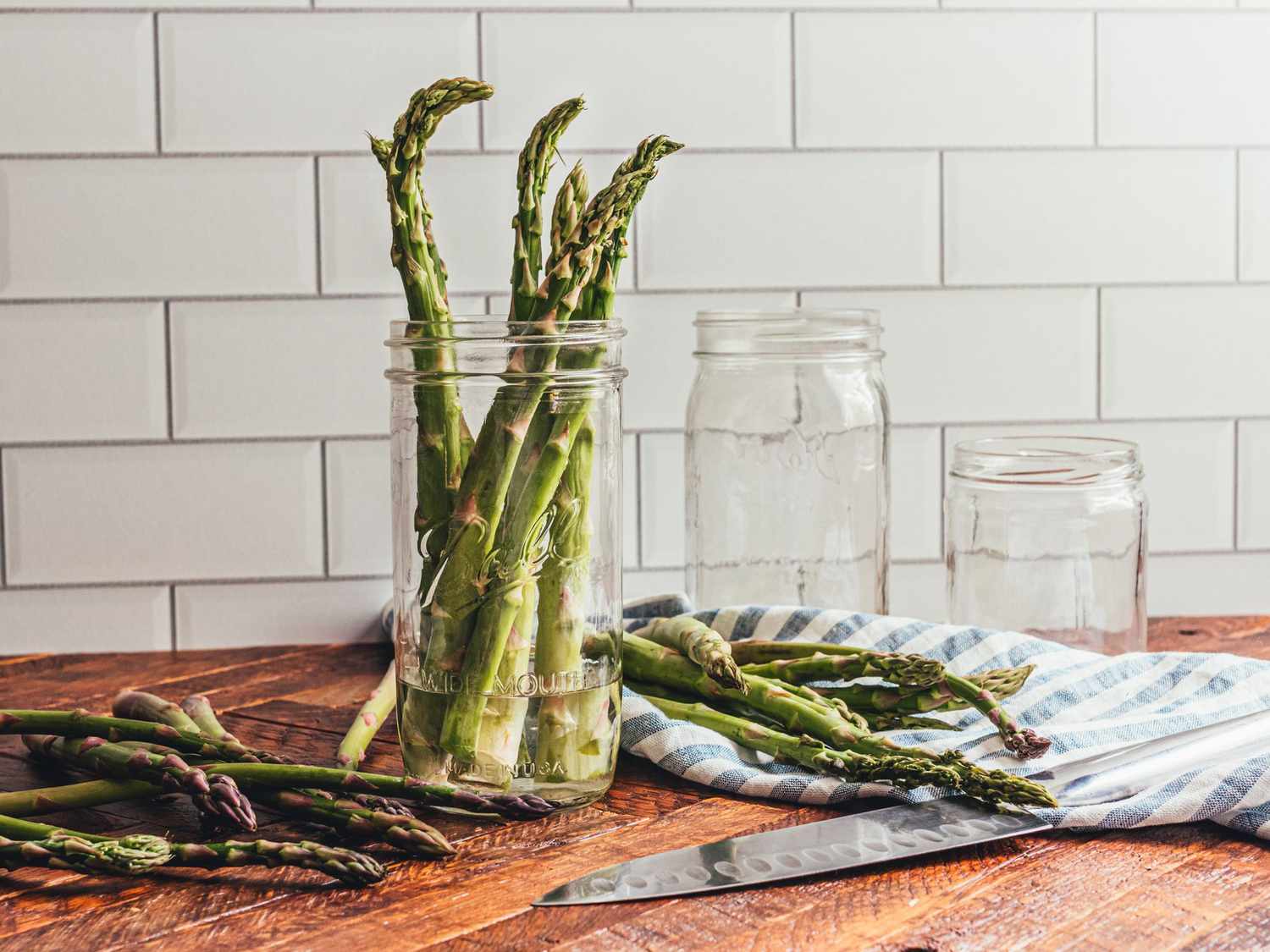
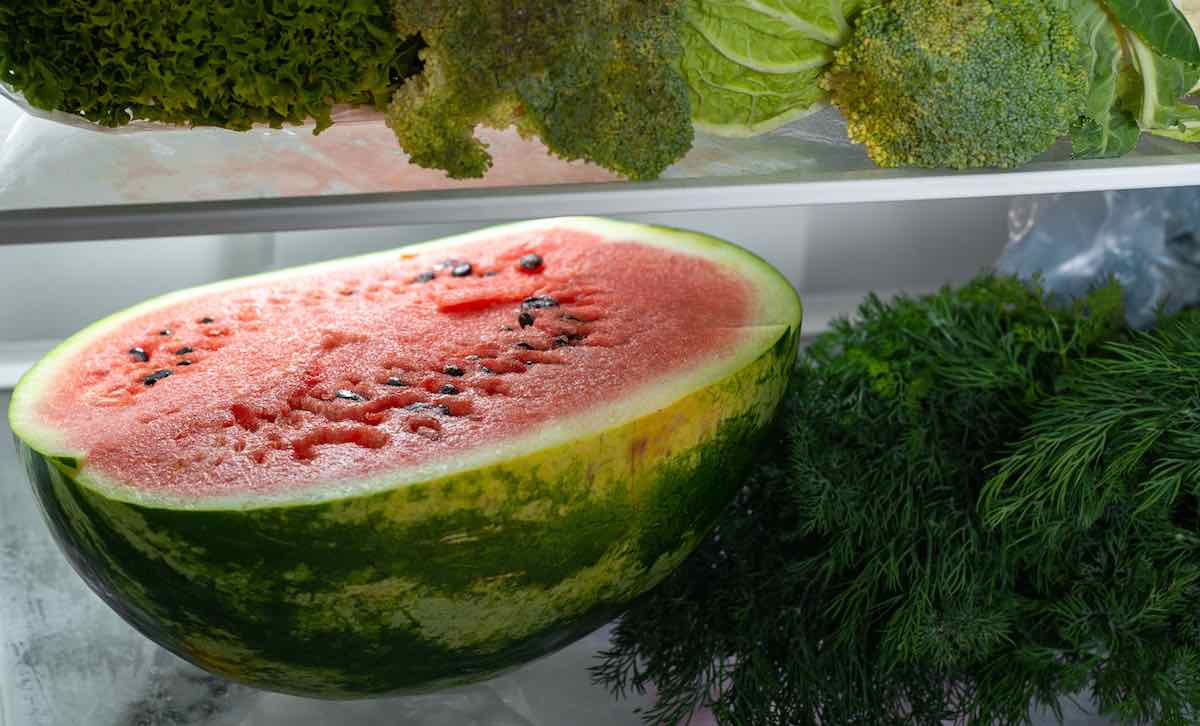
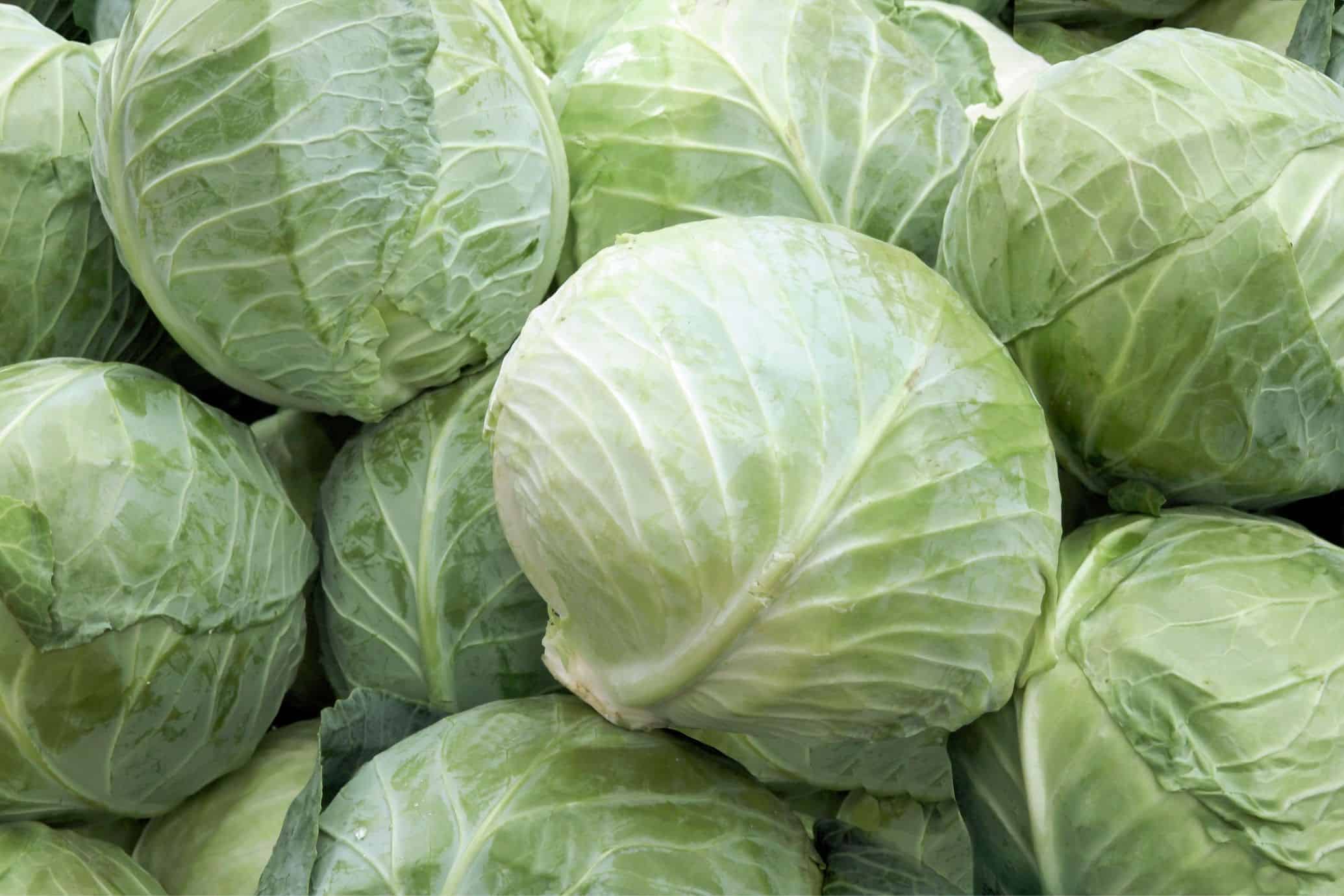
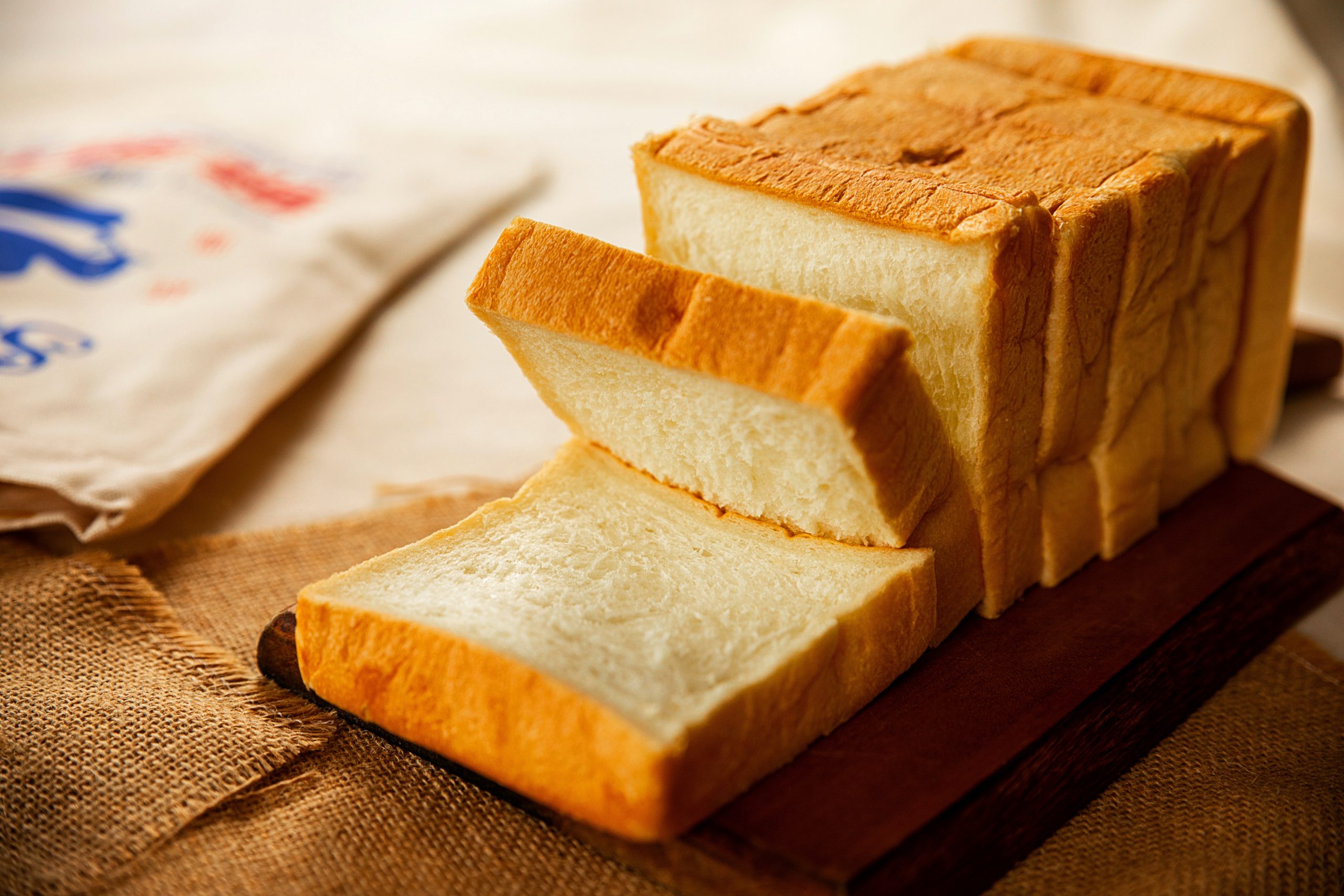
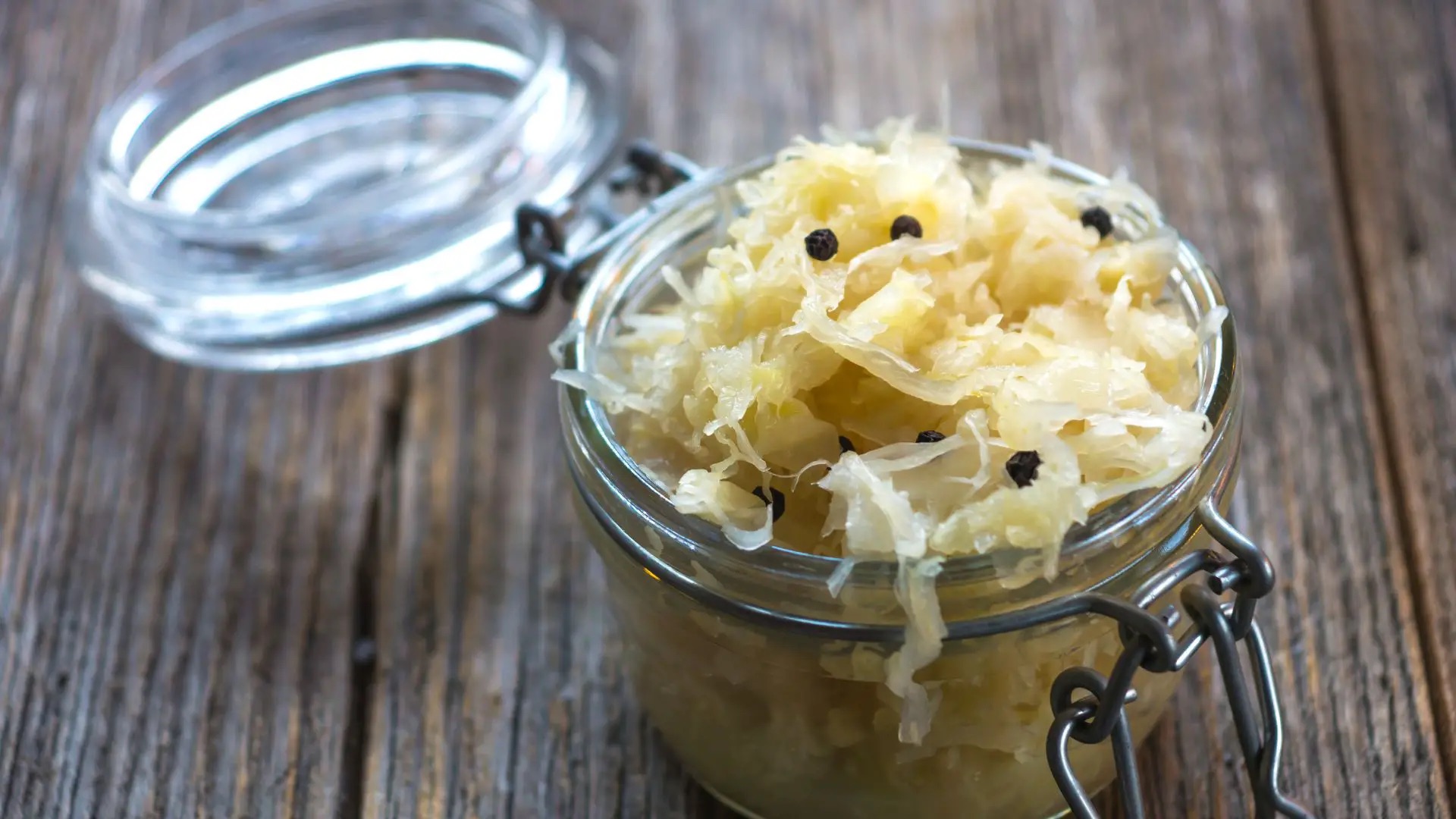
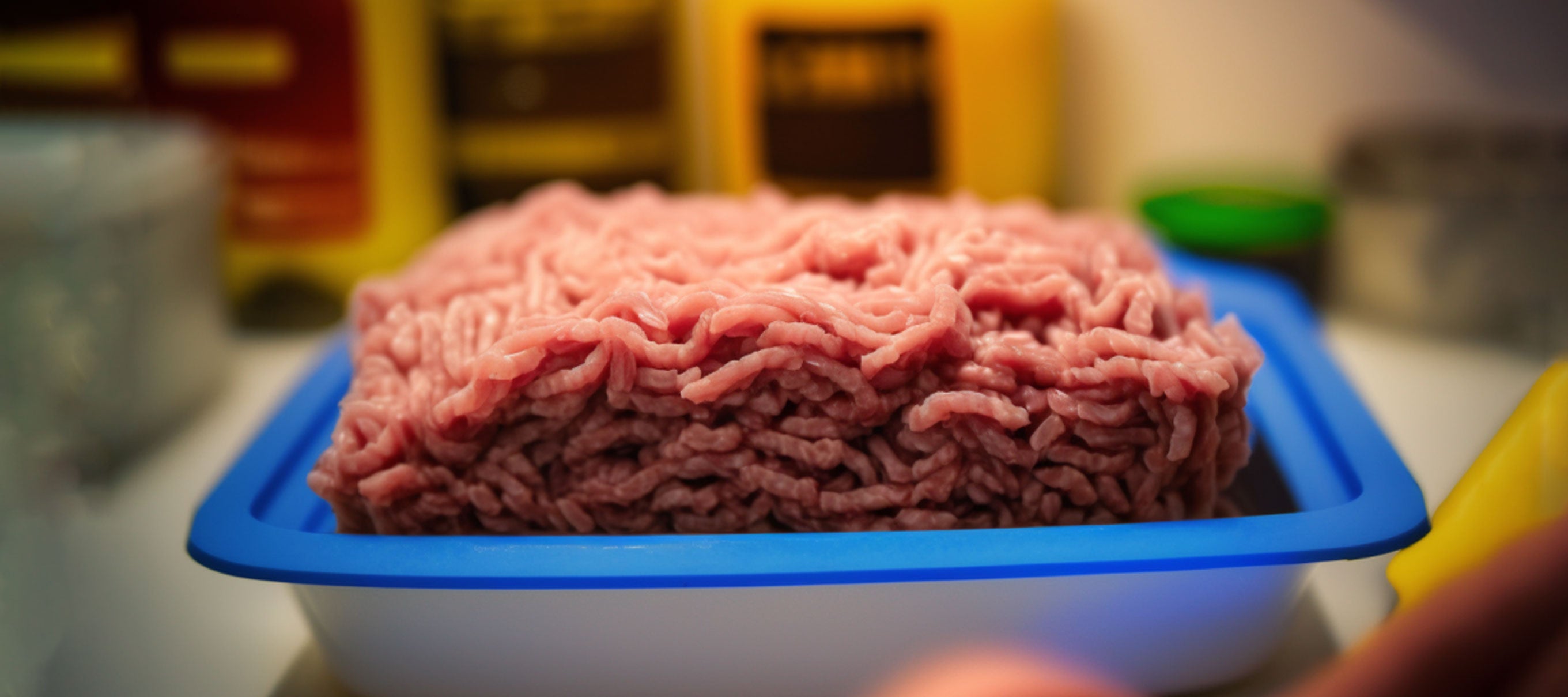
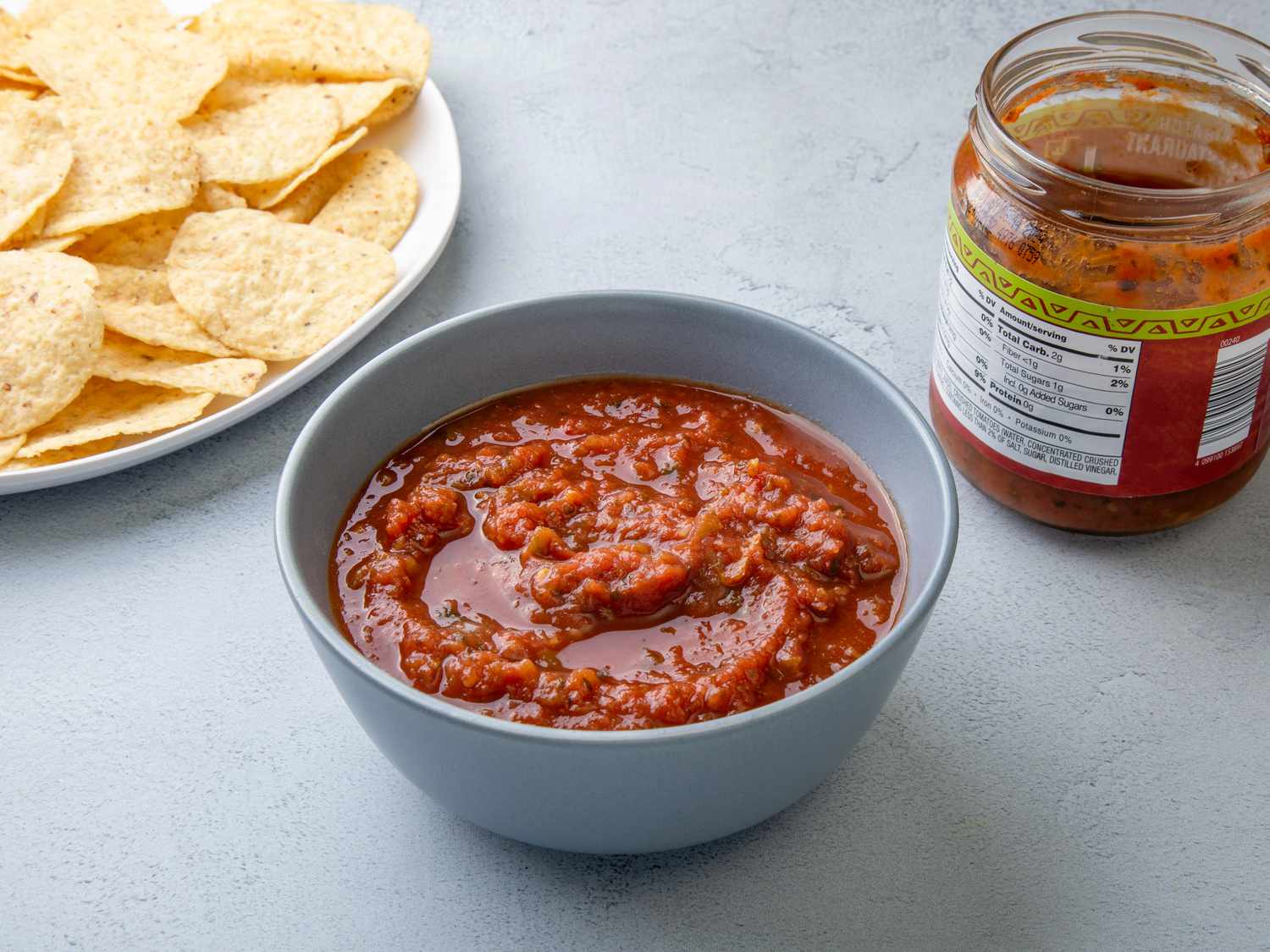
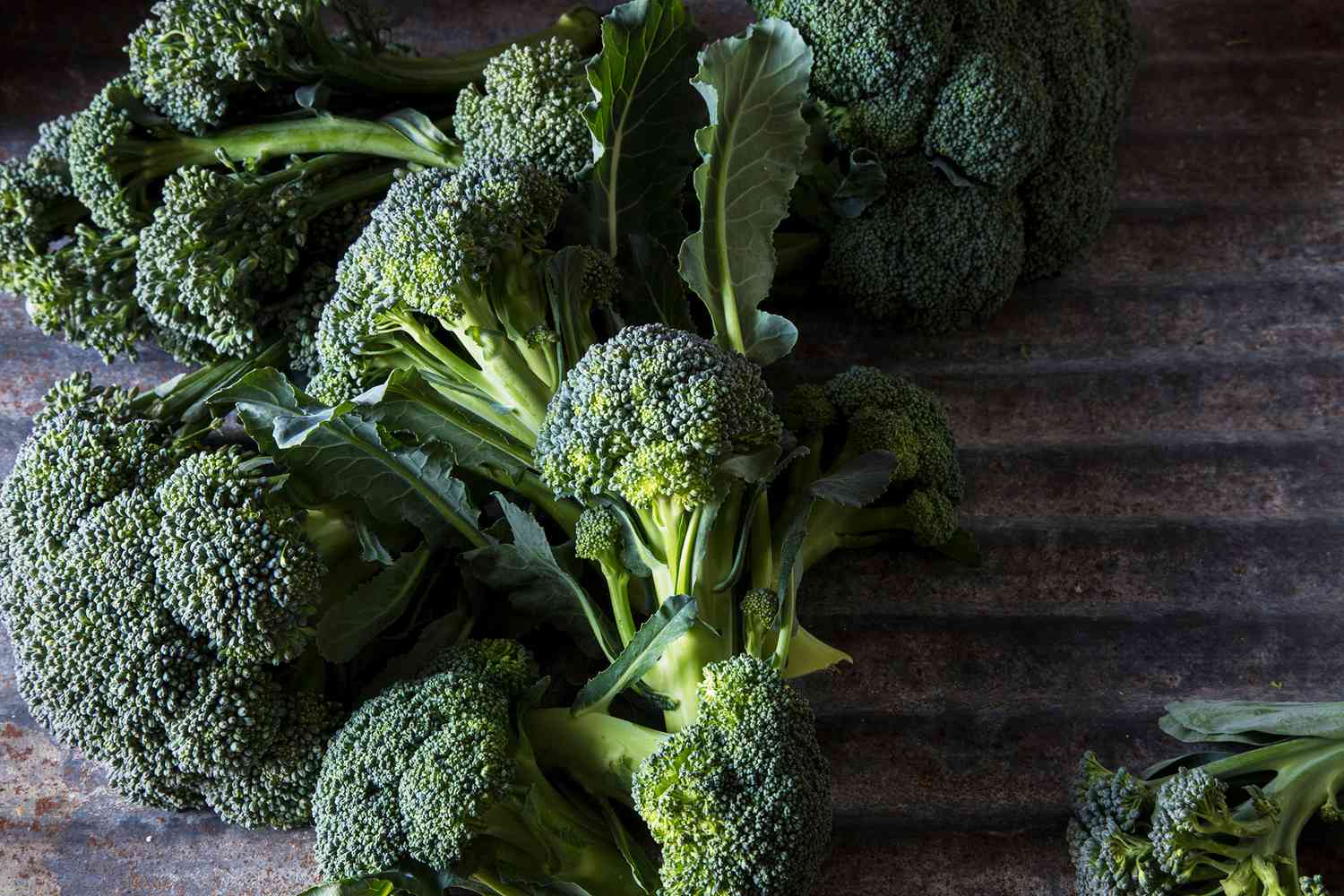
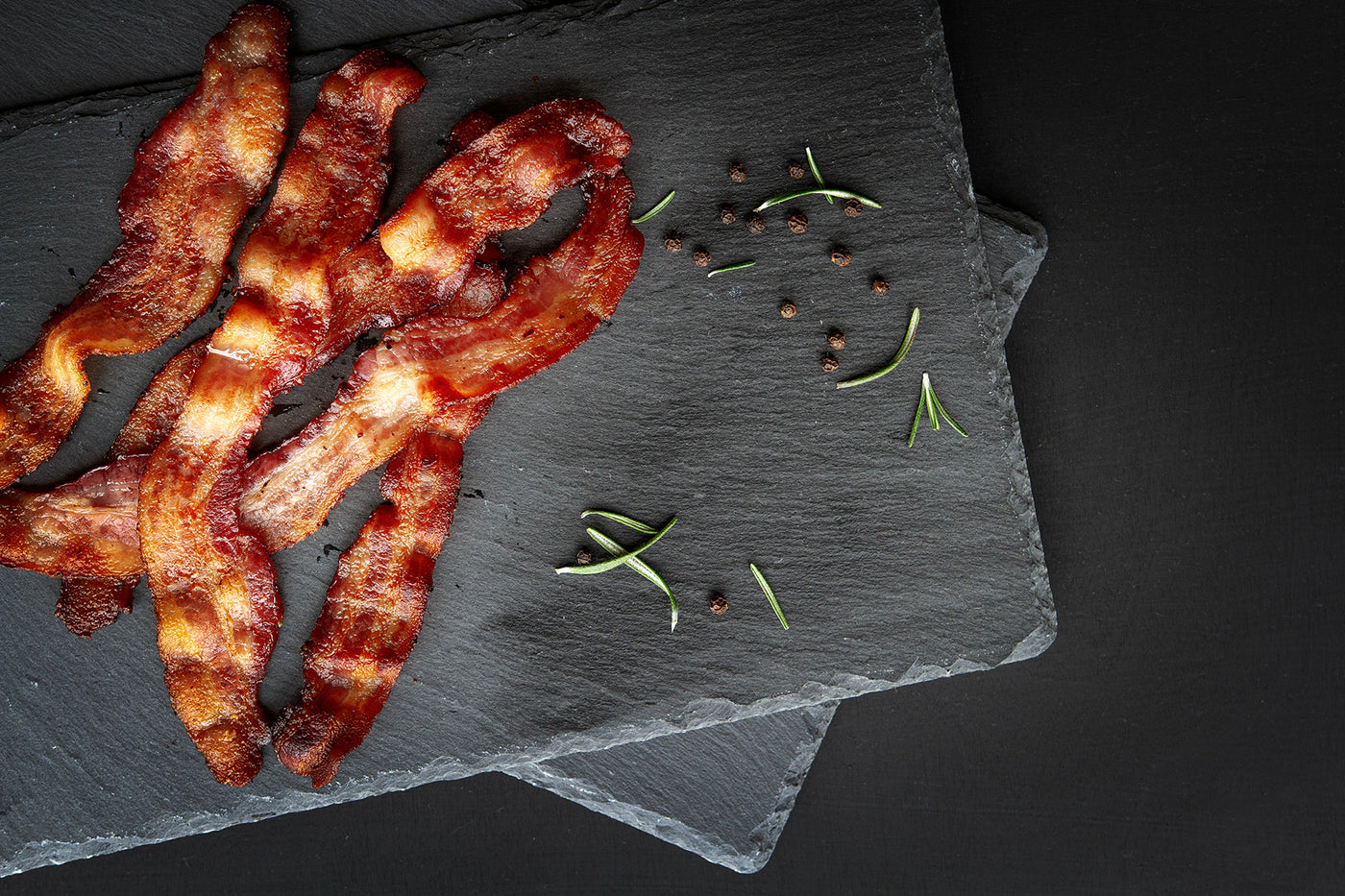
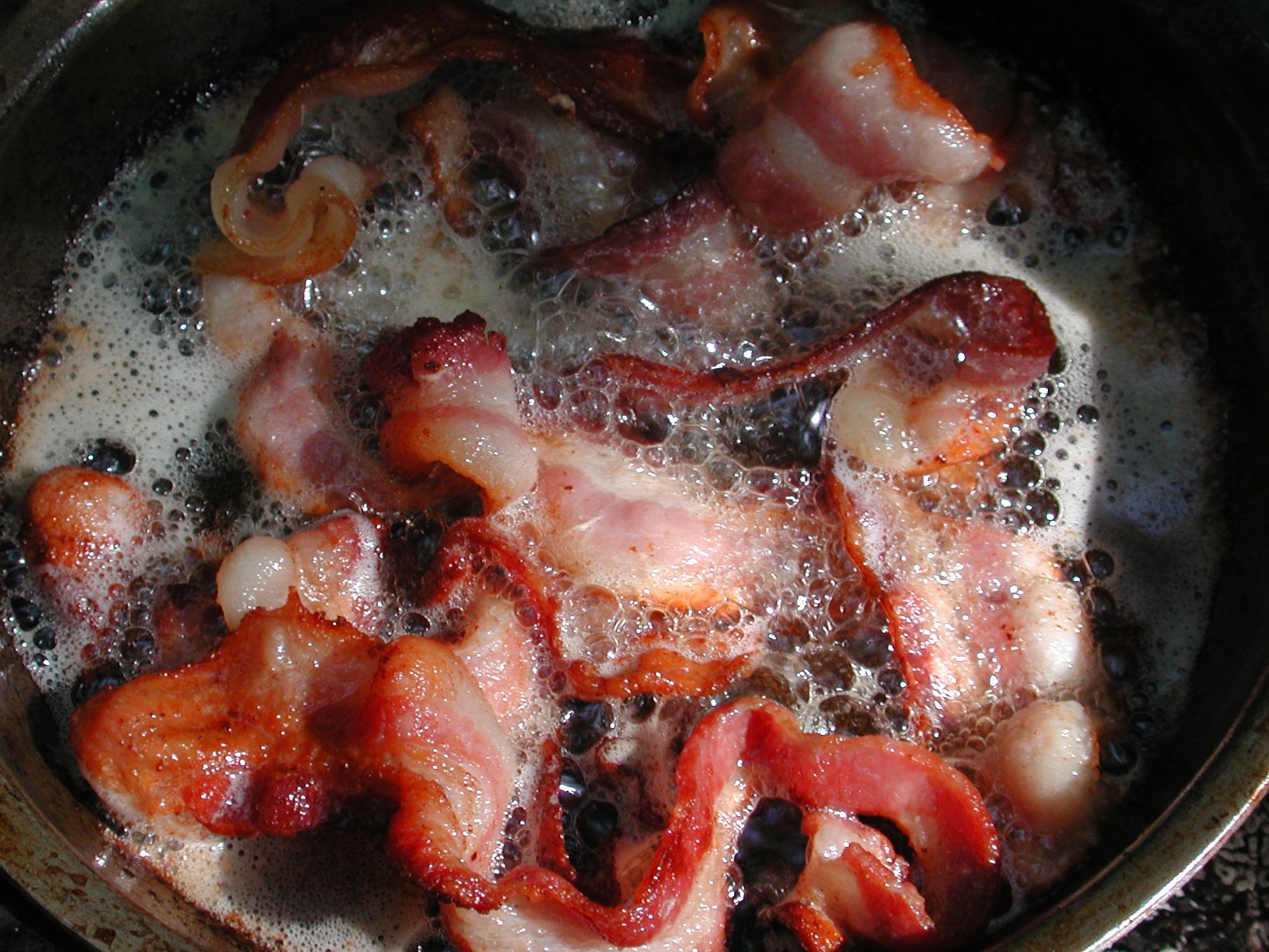
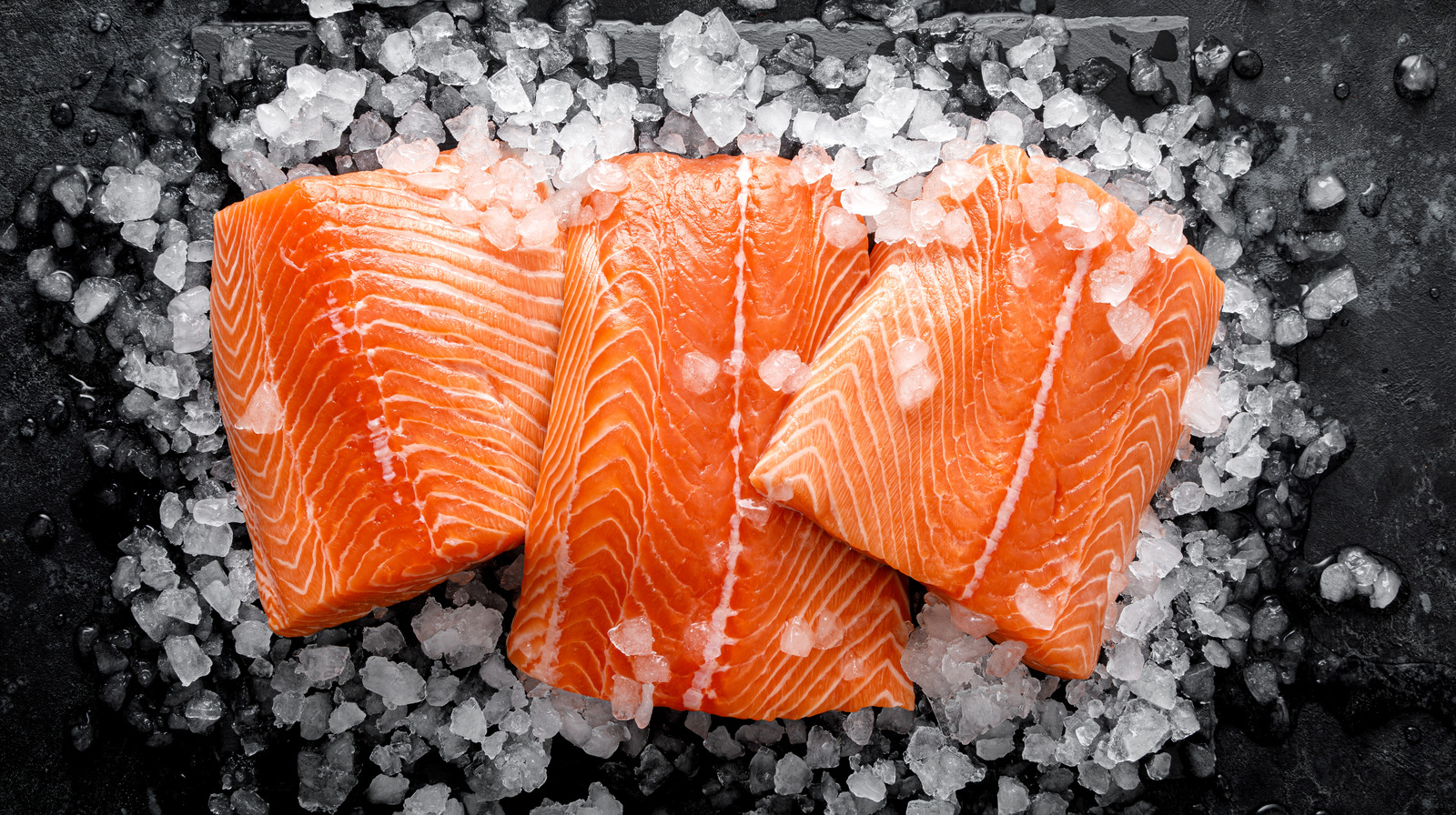
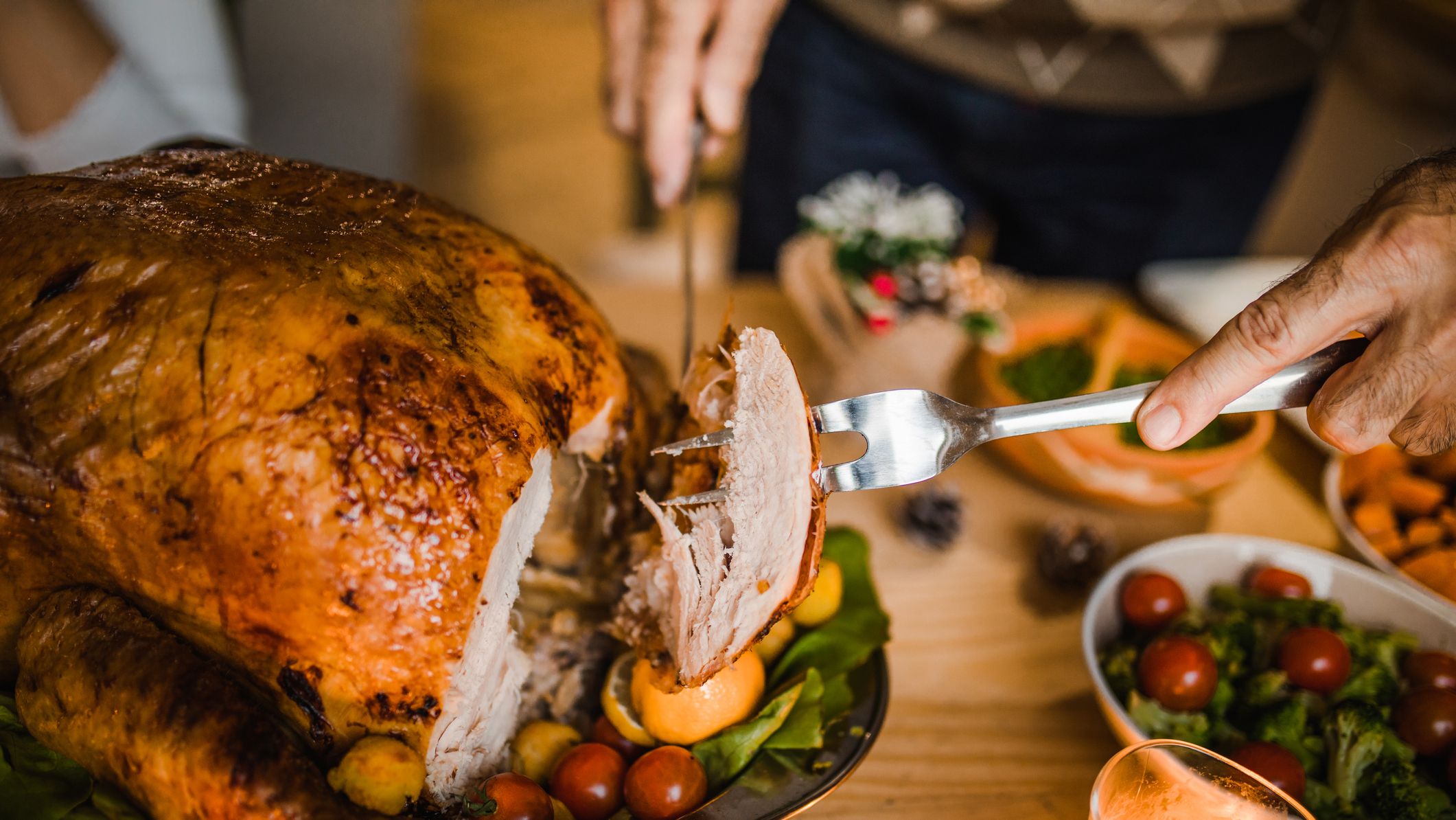

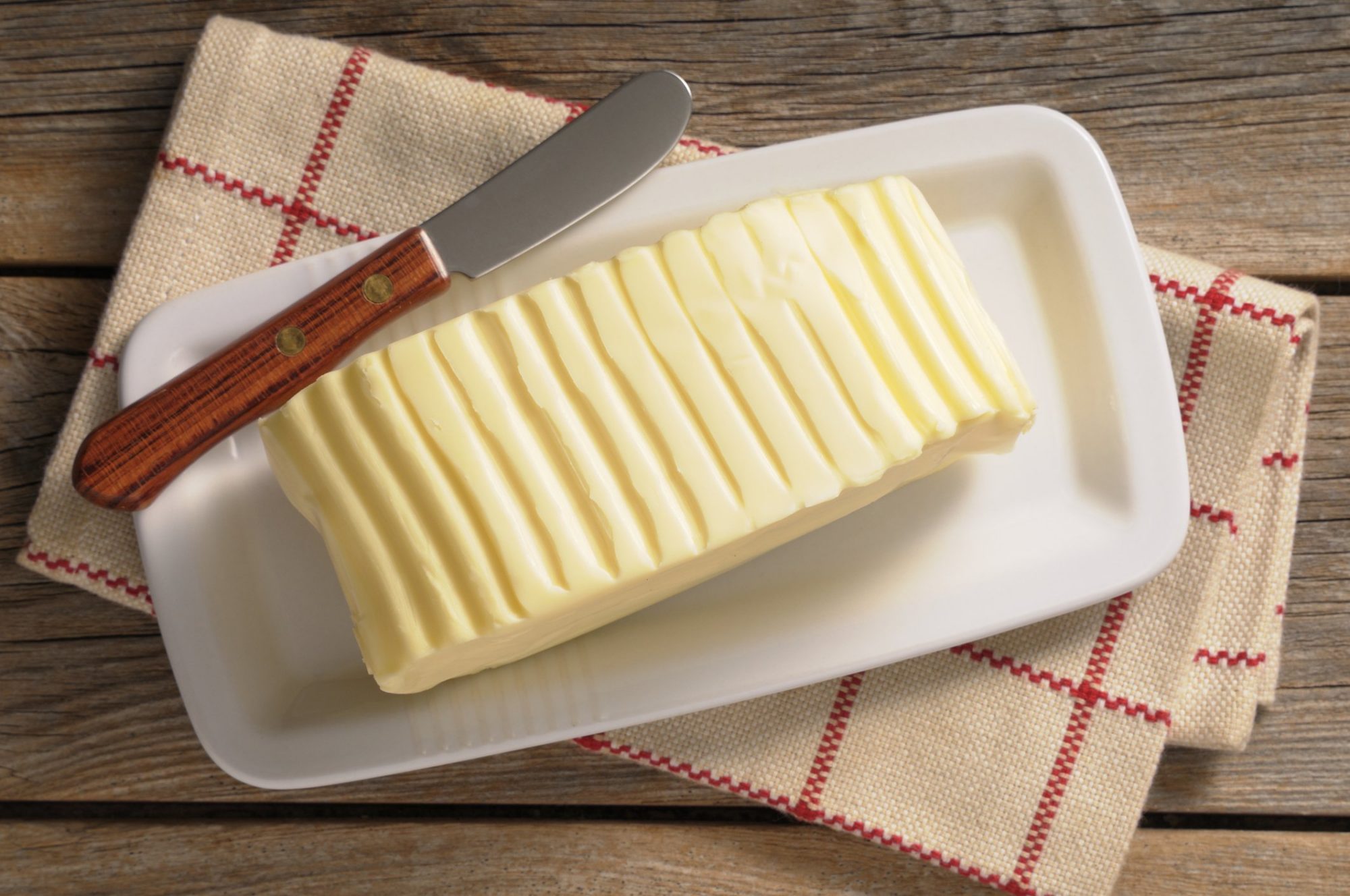

0 thoughts on “How Long Does Grapes Last In The Refrigerator”